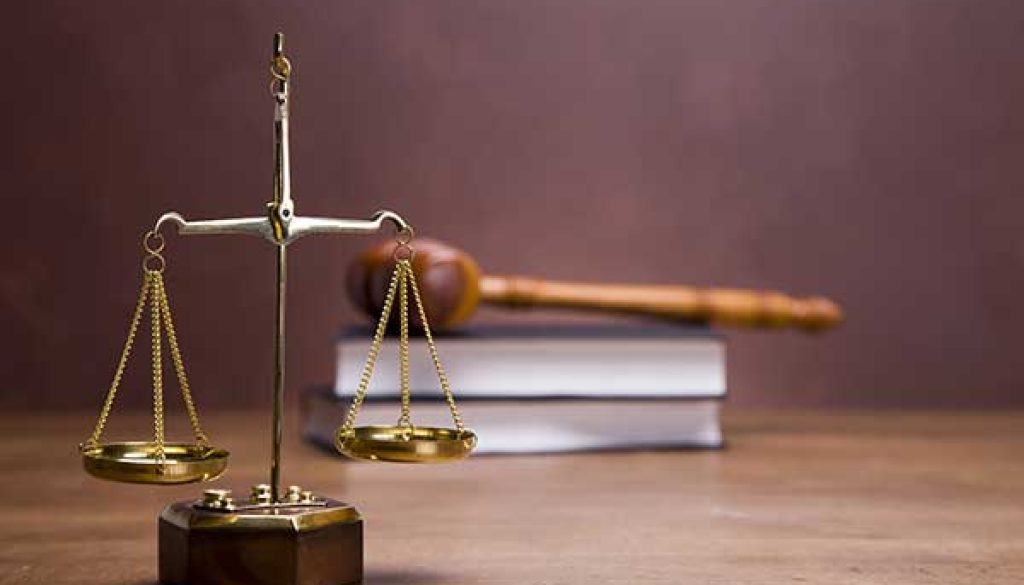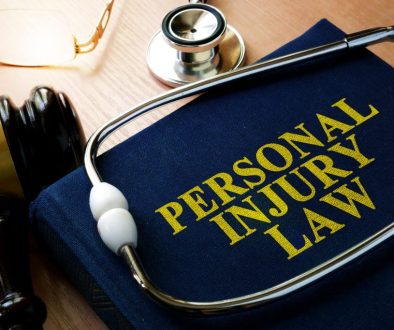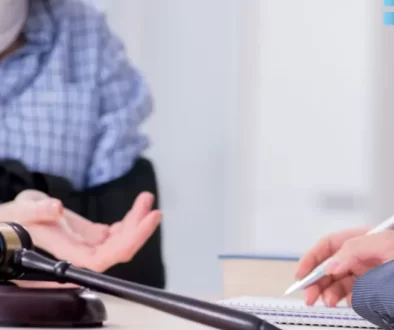Can I Still Proceed with a Civil Litigation Case If I Don’t Have All the Evidence Now?
When you’re considering filing a civil lawsuit, it’s natural to feel uncertain about the strength of your case, especially if you don’t have all the evidence you think you’ll need. Many clients worry about proceeding with litigation when they don’t have every document, witness, or piece of physical evidence at hand. If you’re asking yourself, “Can I still proceed with a civil litigation case if I don’t have all the evidence now?”—the answer is often, yes, and here’s why.
Understanding the Role of Evidence in Civil Litigation
In any civil case, evidence plays a crucial role. It can make the difference between winning and losing, as the goal is to convince the court of the validity of your claim. Whether you’re involved in a personal injury lawsuit, a contract dispute, or a property damage claim, having solid evidence to support your case is key.
However, the reality is that gathering evidence can take time. You might not have all the documents or testimonies you need when you file your lawsuit, and that’s okay. Civil litigation is a process that often involves discovery—a phase where both parties exchange information and evidence before trial.
The Discovery Process: Gathering Evidence Along the Way
Even if you don’t have everything in place at the start of your case, you may still proceed. One of the main reasons for this is the discovery process. Discovery is a pre-trial procedure where each party can request documents, take depositions, and gather more information from the opposing party.
Here’s how discovery can help:
- Requests for Documents and Information: Through discovery, you can formally request documents or information from the other party that might support your case. If you’re missing key pieces of evidence, this is often your best chance to get access to them.
- Depositions: A deposition is an out-of-court testimony under oath. During depositions, you can ask the opposing party or potential witnesses about the case, helping you gather statements and facts you might not have initially.
- Interrogatories: These are written questions that the other party is legally required to answer under oath. They can be used to uncover facts or clarify information you might not have known or had access to.
- Expert Testimony: If you need expert opinions—such as medical evaluations or forensic analysis—these can also be obtained during the litigation process. Experts can provide critical evidence even if it’s not available at the outset of the case.
Filing a Lawsuit Without Complete Evidence
Even if you don’t have every piece of evidence at the start, you can still file a lawsuit. Courts generally require you to show that you have a reasonable basis for your claim, meaning you must present enough facts to convince the judge that your case has merit. This doesn’t mean you have to have every single document or piece of evidence in hand when you file. Instead, you must demonstrate that you have sufficient grounds to move forward and that you can collect the necessary evidence as the case progresses.
What Happens If Evidence Comes Later?
If you uncover new evidence during the course of litigation, you may still be able to present it. Amendments to the complaint or supplementary disclosures can often be made to introduce this new information.
In some cases, you may even have to amend your original claim if the evidence significantly changes the direction of your case. Courts allow parties to update their claims as they gather more proof.
What Happens If I Don’t Have Evidence at All?
If you don’t have any evidence to support your claim, it may be difficult to succeed. Without solid proof, your case is less likely to stand up in court. However, it’s important to note that the absence of evidence does not automatically mean you should abandon your case. A skilled attorney can often help you explore avenues for gathering the necessary evidence or developing alternative strategies to strengthen your claim.
How to Strengthen Your Case Without All the Evidence
If you’re unsure whether you can proceed with your case due to lack of evidence, here are a few steps you can take to strengthen your position:
- Consult with an Attorney: A lawyer can help you assess the evidence you do have, and guide you through the discovery process to obtain what you need.
- Gather What You Can: Even if you’re missing major evidence, gather any documentation or information you have—emails, text messages, contracts, photos, or anything relevant.
- Identify Potential Witnesses: Reach out to any witnesses who might have information about your case, even if they aren’t fully prepared to testify yet. They can be crucial to your case.
- Understand the Statute of Limitations: Make sure you’re aware of the time limits for filing your lawsuit, as delays in gathering evidence might cause you to miss the window for legal action. An attorney can help ensure you file on time.
Conclusion: You Can Still Proceed!
While having all your evidence upfront is ideal, the civil litigation process is designed to give you time to gather the necessary proof. Discovery provides an opportunity to obtain critical evidence from the other party, and even after filing, you can continue to add to your case with new information. If you don’t have everything now, it doesn’t mean you can’t pursue your claim—it simply means you might need to lean more heavily on the discovery phase to build your case.
The best course of action is to consult with an experienced attorney who can guide you through the process, help you identify the evidence you need, and ensure that you can move forward with your case even if you’re still gathering information.
Remember, civil litigation is a journey, and you don’t need to have all the answers right away—what matters is that you have a reasonable claim and the determination to seek justice.
Need legal help? In California, navigating legal challenges, whether they involve personal injury, workers’ compensation, criminal defense or civil litigation, can be overwhelming. Expert Attorney Help is here to provide the critical legal support you need. As a leading advocate for individuals facing legal battles, our experienced attorneys understand the complexities of the legal system and are committed to fighting for your best interests. With personalized legal strategies and compassionate support, we are dedicated to achieving the justice and compensation you deserve.
CONTACT US FOR HELP. Call us at (888) 354-6879 or fill out the form on our Contact page.




